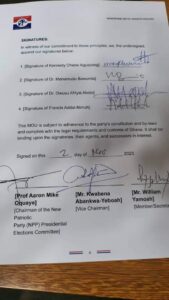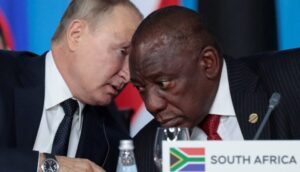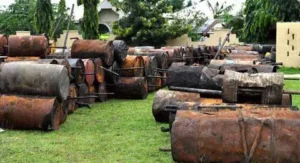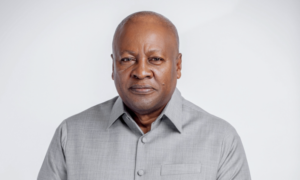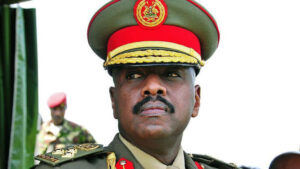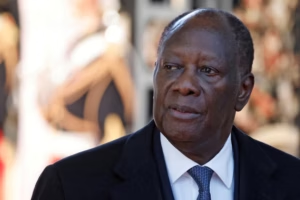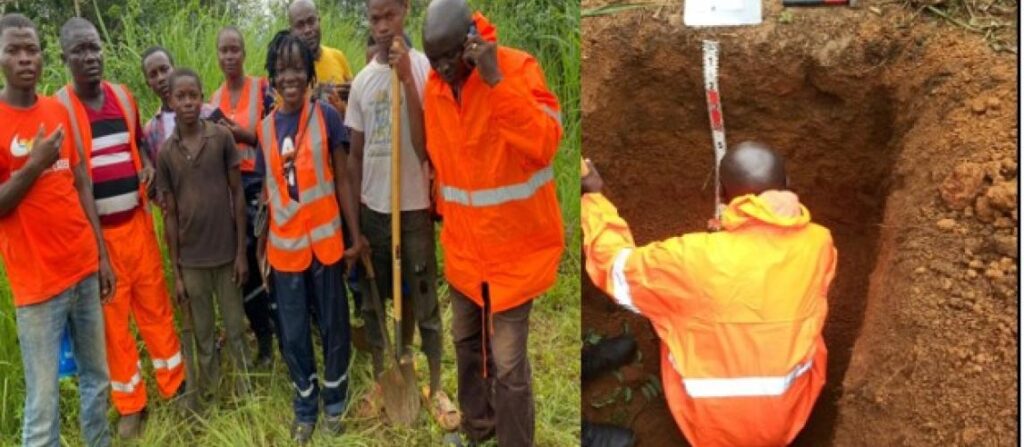
Liberia’s Ministries of Agriculture and Health, along with the United Nations World Food Programme (WFP), and sector partners have launched a two-week rapid food security and nutrition assessment in urban and rural communities of Liberia’s 15 counties.
The program launched on Wednesday, 6 July 2022 is part of efforts to assess the impacts of the global crisis on the agricultural production, rural livelihoods, food security and nutritional status of households and communities.
Liberia – Socio-economic shocks of the COVID-19 pandemic and the conflict in Ukraine have hampered the already precarious food security situation in Liberia in recent years.
According to the 2022 State of Food Security and Nutrition in the World (SOFI) report, the number of people affected by hunger globally rose to as many as 828 million in 2021, an increase of about 46 million since 2020 and 150 million since the outbreak of the COVID-19 pandemic, with Sub-Saharan Africa bearing the heaviest burden.
The current Ukraine-Russia’s crisis has impacted Liberia at both the macro and household levels. According to the Assessment of the Risks and Impact of the Russian-Ukrainian Crisis on Food Security in the ECOWAS Region – June 2022 carried out jointly by FAO, WFP and ECOWAS; the total cereal production (maize, rice, millet, sorghum, fonio and wheat) is down by 1.8% compared to last year for all West African countries.
In Liberia a 10% decline in the local production of rice in 2023 as compared to 2022 is expected. The Rapid Food Security and Nutrition Assessment, funded by the United Nations Joint SDG Fund, will be undertaken by key partners including the Ministries of Agriculture and Health, UN Agencies (WFP, FAO, UNICEF and WHO) and NGOs. Training of the enumerators starts on 15 July and field data collection is scheduled to take place from 19 July – 4 August 2022. “This assessment is coming at the right time,” said Minister of Health, Dr Wilhelmina Jallah. “Working as a team all of us can ensure that the assessment is done so that, despite what is happening globally, we can prevent malnutrition and ensure that pregnant women survive to have healthy babies who will grow up to be productive citizens in the country.
Dr Aliou Diongue, WFP Liberia’s Representative and Country Director said, “As Liberians continue to struggle with prices spike that are straining the purchasing power of households and increasing vulnerability due to the fragile situation with COVID-19 and the global energy crisis and high food prices; there’s no better time to gather critical data so that the Government and development partners can understand the food security and nutrition situation across the country and have strong evidence for programming and decision making.”
He continued, “WFP Liberia’s Research, Assessment and Monitoring (RAM) Unit is prepared to lead this survey using a combination of existing assessment technologies to identify the underlying causes of food insecurity and nutrition in the country. With that information, we can work together and take a holistic approach to mitigate the impact of this crisis on vulnerable people in Liberia.”
